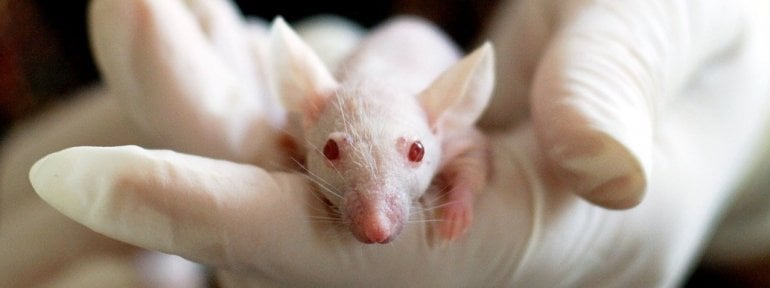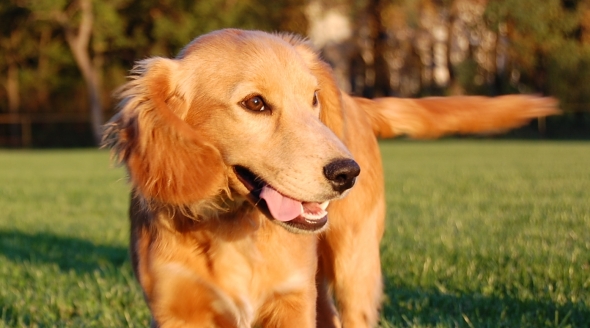Why You Should Consider Donating Your Body to Science
Donating your body to be used in research after you die is a wonderful way to help both animals and science.
Hundreds of people in the UK choose to donate their body to science every year. It’s a unique and valuable way to make a difference by helping to reduce the number of animals used in experiments while also benefiting medical research.
The use of donated human organs and tissues is a crucial alternative to animal testing. In addition to sparing animals’ lives, it can help scientists obtain far more accurate information about the human body and its diseases than could ever be possible from studying other species.
Here’s some further information about how donating your body to science works in the UK:
What Your Body Could Be Used For
- A donated body can be used for anatomical examination, scientific research, or education and training for health-care professionals.
- Although it’s not possible to guarantee that it’ll be used specifically in the development of non-animal testing methods, your donation will be a positive step to help advance scientific and medical knowledge without causing animals to suffer.
- You can choose to put a three-year limit on the use of your body. Once the period is complete, the medical school will usually arrange a service and cremation, unless the family requests the return of the body for a private burial or cremation.
- It’s also possible to spare thousands of animals’ lives by donating your brain or other organs and tissues to be used for research into specific neurological conditions, such as Parkinson’s and Alzheimer’s.
Choosing a Recipient Organisation
- If you want to give your body to science, the first step is to identify a medical school, tissue bank, or research centre to receive your donation. Here are lists of medical schools, licenced tissue banks, and brain banks which accept body donations for research in the UK.
- It’s best to find an organisation in your local area to donate to. If you want your body to go somewhere further afield, your estate may need to contribute to transport costs.
- Under some circumstances – for example, if you have certain health conditions or have recently undergone surgery – a medical school may not be able to accept your body.
Giving Your Consent
- Under the Human Tissue Act 2004, written and witnessed consent is required for body donations. Permission cannot be given by someone else after your death.
- Contact your chosen medical school, tissue bank, or research centre and ask it to provide you with the relevant paperwork to register your wish to donate your body. A complete copy of this paperwork should be kept with your will.
- Inform family, friends, and your general practitioner of your wishes so that they’re aware of the process and prepared for the impact it may have on funeral arrangements.
Can I Still Donate My Body if I’m Also an Organ Donor?
- It’s possible to be on the NHS organ-donor register and also declare a wish to donate your body to science. In this case, organ transplantation will be given priority. If you donate an organ, it will probably not be possible for your whole body to be given to a medical school afterwards.
- Relatives can specifically consent to the use of a person’s organs and tissues for research when they’re either surplus to requirements or unsuitable for transplantation. Usually, they’re collected by specially trained hospital staff within hours of death.
Donating Tissues While You’re Alive
- If you’re having a biopsy or undergoing surgery, there may be some leftover tissues or blood samples that could be used to help reduce demand for animal tests and contribute to human-relevant research.
- Before the procedure, ask your health-care professionals whether this is a possibility. This will often depend on the kind of research taking place locally and the storage facilities available.
- Tissues degrade rapidly after removal and quickly become unstable, so whenever possible, register your desire to donate them with a hospital or specialist tissue bank as early as you can.
Useful Resources
For another way to make a difference for animals after you are gone, consider naming PETA as a beneficiary in your will. PETA would be honoured to carry forward your legacy of compassion.



